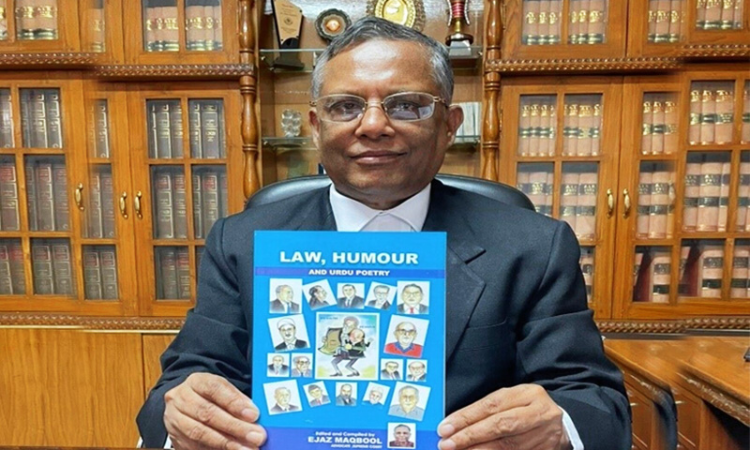'Law, Humour And Urdu Poetry': Off-Record And On-Record Anecdotes And Poetry
Tanima Kishore
22 Sept 2021 2:16 PM IST

Next Story
22 Sept 2021 2:16 PM IST
Indian courts are courts of record, which means that the court proceedings are recorded for the purpose of appeal and the precedent value. There is however so much that happens in courtrooms "off the record" which is later discussed in court corridors and at the canteen. These corridor and canteen conversations are probably one of the things the whole fraternity has been missing the...
